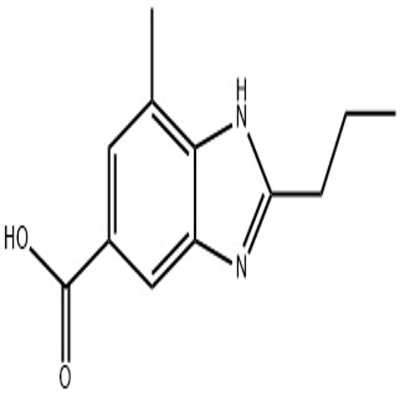-
Categories
-
Pharmaceutical Intermediates
-
Active Pharmaceutical Ingredients
-
Food Additives
- Industrial Coatings
- Agrochemicals
- Dyes and Pigments
- Surfactant
- Flavors and Fragrances
- Chemical Reagents
- Catalyst and Auxiliary
- Natural Products
- Inorganic Chemistry
-
Organic Chemistry
-
Biochemical Engineering
- Analytical Chemistry
-
Cosmetic Ingredient
- Water Treatment Chemical
-
Pharmaceutical Intermediates
Promotion
ECHEMI Mall
Wholesale
Weekly Price
Exhibition
News
-
Trade Service
8-Fluoro-4-hydroxyquinoline (8-FQ) is a chemical compound that is commonly used in the chemical industry, particularly in the production of pharmaceuticals and agrochemicals.
Despite its widespread use, there are concerns about the safety of 8-FQ, particularly with regard to its potential health effects on human beings and the environment.
8-FQ is classified as a moderately hazardous chemical by the National Fire Protection Association (NFPA).
It is a known human carcinogen and has been associated with an increased risk of developing cancers of the liver, kidney, and pancreas.
Studies have also suggested that exposure to 8-FQ can cause genetic mutations and chromosomal abnormalities, which can lead to birth defects and developmental problems in children.
In addition to its potential health effects, 8-FQ can also have negative impacts on the environment.
It is highly soluble in water, which means that it can easily be released into the environment and contaminate groundwater, soil, and surface water.
This can have negative effects on aquatic life, including fish, plants, and other organisms that rely on these sources of water.
To mitigate the risks associated with the use of 8-FQ, it is important for chemical companies to take steps to ensure the safe handling, storage, and disposal of this chemical.
This may include providing training and protective equipment to workers who handle 8-FQ, as well as implementing measures to prevent spills and leaks.
Companies should also ensure that they are in compliance with all relevant regulations and guidelines related to the use of 8-FQ.
It is also important for individuals who may be exposed to 8-FQ to take steps to protect themselves.
This may include avoiding areas where 8-FQ is being used or handled, and following proper safety procedures if it is necessary to be in close proximity to the chemical.
Individuals should also be aware of the potential health effects associated with exposure to 8-FQ and seek medical attention if they experience any symptoms that may be related to exposure.
In conclusion, 8-Fluoro-4-hydroxyquinoline is a chemical that is widely used in the production of pharmaceuticals and agrochemicals, but it is also associated with potential health and environmental risks.
To ensure the safe use of 8-FQ, it is important for chemical companies to take appropriate measures to ensure the safe handling, storage, and disposal of the chemical, and for individuals to take steps to protect themselves from exposure.
While the risks associated with 8-FQ cannot be eliminated entirely, proper safety measures can help minimize these risks and promote the safe use of this important chemical in the chemical industry.





![benzyl N-{2-[4-(4,4,5,5-tetramethyl-1,3,2-dioxaborolan-2-yl)phenyl]ethyl}carbamate](https://file.echemi.com/fileManage/upload/goodpicture/20210823/m20210823171124543.jpg)

